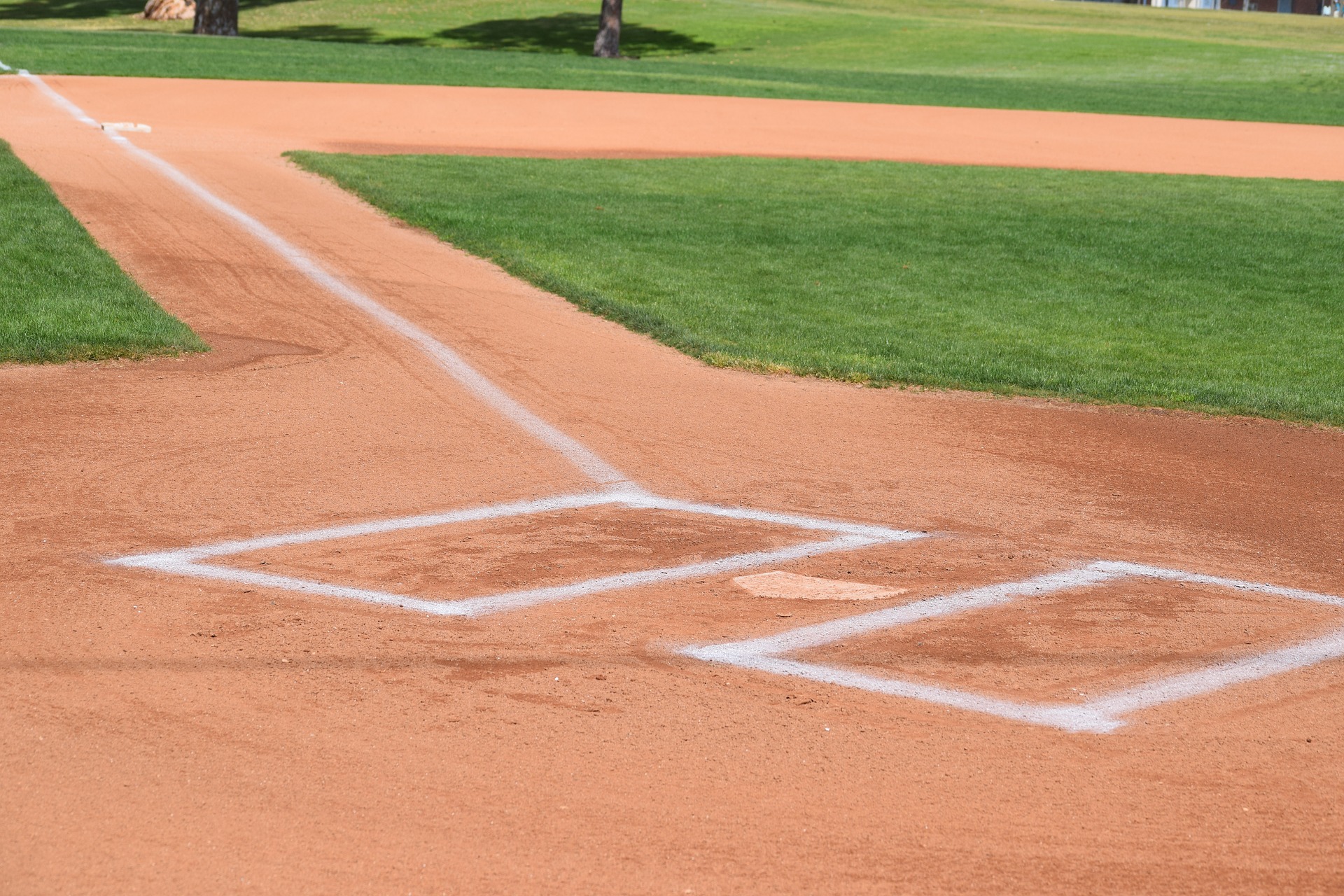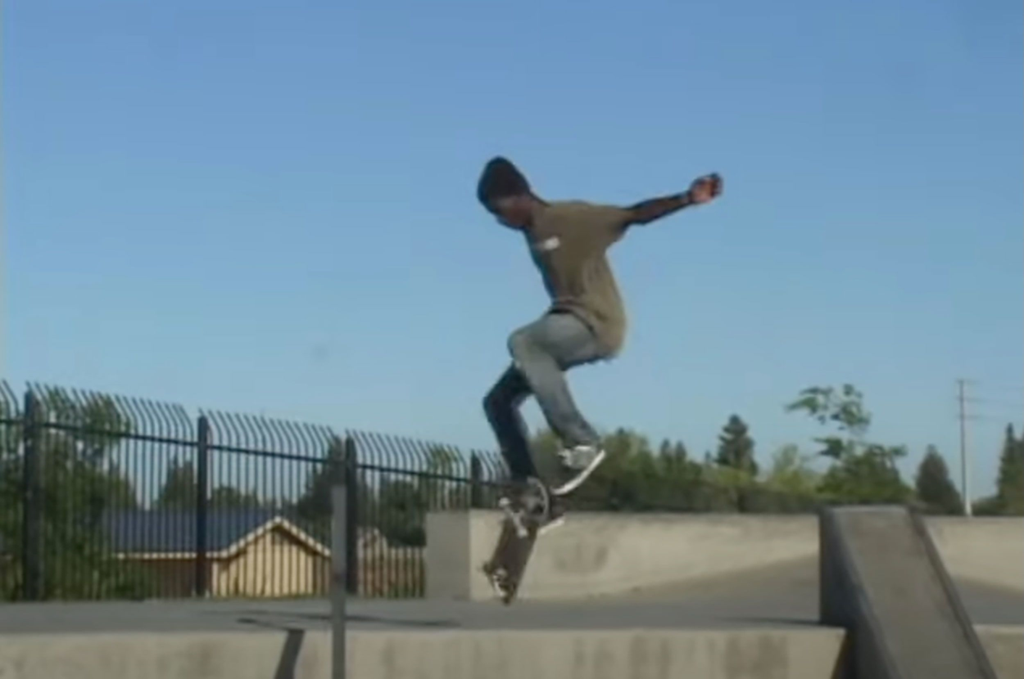The Time I Felt Like a Champion

My first love of a sport was baseball.
Since my early memories, Mets and Yankees games would be on our TV and we would venture out to the newly built minor league stadium to watch exciting up-and-comers with the Toronto Blue Jays. Among the first games I played with my dad were those of catching, throwing, and whiffle ball.
I was a scrawny kid. Just like I am today as a 32-year-old man, I was both taller and slighter than my peers, and my development into this body often felt more challenging than other boys my age.
Since I started playing in our local Little League, I struggled to hit. I would seek out the lightest allowable bats for my age group, but they were still too heavy to control a good swing. I was a decent fielder, but struggled to find a position. As a tall lefty, some coaches saw me as a first baseman, despite me being ill-suited to catch the errant throws of my peers. At other infield positions, I was adequate but not distinguished in my abilities. I was often hitting at the bottom of the batting order and positioned in the outfield, where few batted balls from 5-9 year olds ever make it. Altogether though, I was scrappy enough to contribute and enjoy the game through small-ball hitting, base-running and decent fielding.
I was one of the first players to pitch as soon as we were allowed to. With much thanks to backyard catches with my dad, I was ahead of my peers in my ability to throw accurately. There were always several instances where my dad would have to chase after my errant throws, but I learned over time that focusing my mindset for throwing led to more fun, repetitions, and improvement in my abilities.
Translating those abilities back to Little League wasn’t always easy. While there are nine hitters in a lineup and four infield positions, there’s only one pitcher at a time. With three coaches per team, each typically with their son on the roster, I was often at a disadvantage for those opportunities.
When Little League was going well for me, I was pitching — often striking hitters out and rarely pitching to walks or throwing wildly. While pitching, I was fully engaged in the game and was sometimes scrappy-enough to be productive at the plate. When I wasn’t pitching, however, the game was lumbering. Often positioned in the outfield, it was rarely consequential to take distraction in watching the birds, kicking dandelions, or searching for a four-leaf clover. Other pitchers (typically a coach’s son) often struggled with their command, making it harder for the entire team to maintain focus and morale. In those lumbering efforts, my meaningful involvement in the game often came down to the few opportunities I was hitting. I felt more stress in those spots and would strike out more.
In the sixth grade, I was approaching a peak in my pitching abilities. I was now throwing to my dad’s glove at more precise locations, simulating the skills of a control pitcher. We were also having a lot of fun together. We had a new dog, Bailey, who would run back-and-forth chasing every throw hoping for an opportunity to play keep-away. With her aggressively chasing every throw, the stakes rose for us to not let the ball get loose. When it would, she’d scoop it up, we’d chase her around the yard, and we’d eventually have the ball returned to us with slobber and bite marks.
In Little League that year, I had my most difficult head coach. We were half-way through the season, and there was little I could do watching from the outfield as his son incessantly struggled with his command on the mound. At home, I was pitching darts to my dad, leading him to upgrade to a catcher’s mitt. But on this team, my best abilities were an afterthought. Few balls were hit to the outfield and I was struggling at the bottom of the batting order.
As hard as it was for me, it might have been harder for my dad to watch those games and see me bummed out afterwards. About half-way through the season, after another loss, my dad and I stayed back until most of the other players had left. At a distance, I watched my dad confront the coach, imploring him to give me a fair shot at pitching.
The next game, I was brought in to pitch in the middle innings. Through the simple repetition of my crisp two-seam fastball, I commanded the position by striking out most of the batters. From that point forward, I earned the team’s top pitching spot and never relinquished it.
As my confidence grew, so did the other factors of my game. Now seen in a better light, the coach slotted me at third base when I wasn’t pitching, enabling me to show off my arm on long throws to first base. Those last several games of the season were also my best as a hitter, earning my way to the top of the batting order by making solid contact, beating throws to first base with my hustle, and stealing bases. I was hitting line drives to the outfield for the first time and in batting practice one day, I hit my first and only-ever ball over the fence. It was a modified circumstance, to be clear, but the feeling of crushing that ball was as pure as I would ever experience.
My success was also infectious for the team. Now, opposing batters were either striking out or putting the ball in play quickly. It had become a cohesive team effort to make quick work on defense so that we could get back to scoring on offense. Like the turnaround stories we see in the movies, the rest of the season ran like a well-oiled machine all the way to the championship game.
In the championship game, with runners on base, I was in the battle of my career against the best hitter in the league. I knew that if I let up on any of my pitches, the ball would explode off his bat, possibly over the fence. There was little chance of him chasing a pitch out of the strike zone, so I faced power with power, pitch after pitch. And somewhere around the seventh pitch, the ball did explode off his bat, but it was high enough in the air for our talented center fielder to catch it. Our offense took off from there and the rest of the game was a breeze. When the championship was sealed, two of my teammates hoisted me on their shoulders with others patting my back and hat shouting my new nickname “Lefty! Lefty!”. I felt like a champion, smiling from ear to ear as we recalled our favorite plays, cheers and jokes from the season.
That was the peak of my baseball career. In the seventh grade, I graduated into the next level of Little League, now on the younger end of boys much bigger than me. This level was also on a larger playing field and against regionalized competition. I pitched plenty that season and did okay, but I recall one game against a team from a rural district whose body builds were a league above mine and many of my teammates. It was the first time that I experienced my pitching get shredded. That season, I had to give every pitch my full exertion and was now experiencing regular pain in my elbow and shoulder.
In the eighth grade, I tried out for the middle school team. The coach was a dispassionate gym teacher who held tryouts in the confines of the gymnasium to avoid the lousy weather outside. While running endurance laps early in the second day, I got bumped and tripped hard. I was banged up, but I knew that the coach wouldn’t offer me any sympathy points. Compared to the more filled out builds of my peers, I could sense that he saw me as just a scrawny kid with some peripheral abilities. I was still an decent pitcher, but I had my best moments when he wasn’t watching. I was disappointed, but not surprised when I got cut.
Even if I had made the team, I was still falling behind the other boys. I had tried lifting weights, but it was an enormous effort to generate miniscule results. My pitching and throwing were maxing out due to pain and the rest of me wasn’t well built for baseball.
So that’s where my baseball playing career ends. I retired to pleasant backyard catches with my dad and Bailey.






